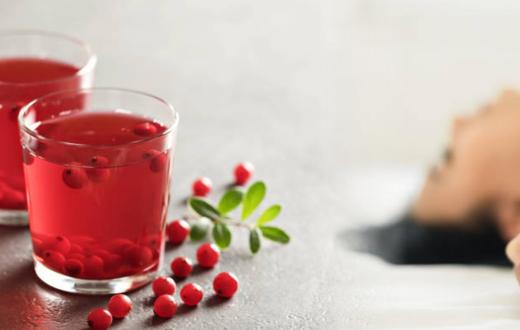Across Nigeria and West Africa, there is a rich and enduring tradition of using natural remedies to nurture sexual health, promote vitality, and strengthen intimacy. While this practice has deep roots in Ghana, similar approaches exist throughout the region, where traditional aphrodisiacs form an important part of cultural lore and daily life. Today, many of these natural boosters remain popular—not only for their supposed romantic benefits but for their contribution to overall well-being, offering a blend of history, nutrition, and local wisdom.
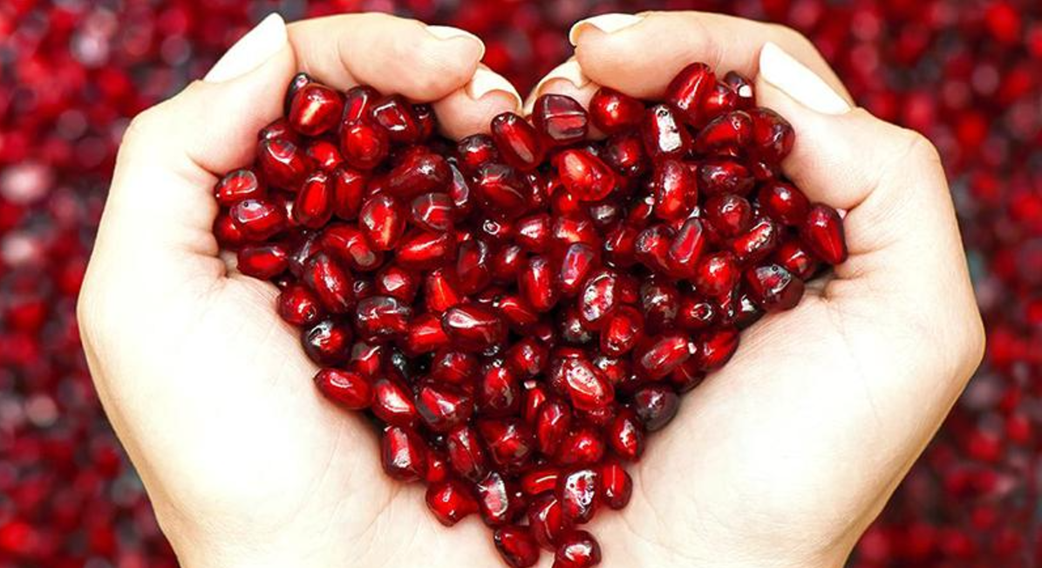
From energizing drinks shared at family gatherings to nutritious staples enjoyed as snacks, the following are seven highly regarded natural aphrodisiacs with roots in Ghanaian tradition that hold special appeal for West African households—including many in Nigeria.
1. Tiger Nut (“Aya”): The Nut of Desire
Known as “Aya” in Nigeria and Ghana, Tiger Nut is widely appreciated for its flavor, crunch, and nutritional punch. This tiny tuber is a local favorite, enjoying a renaissance lately among urban wellness lovers and street vendors alike. Tiger nuts are packed with zinc—an essential mineral that supports hormone production and reproductive health. They also supply vitamin E, believed to promote fertility and lubricate the wheels of intimacy.
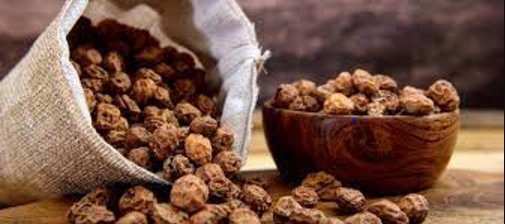
In both Nigeria and Ghana, Tiger Nut is enjoyed in its raw state or blended into popular drinks like “Tiger Nut Milk” (known as Kunu Aya in Nigerian Hausa communities) or “Aya Milk” in Ghana. This sweet, velvety beverage—often made with dates and coconut—reportedly boosts energy and stamina. Many couples turn to Tiger Nut treats as a gentle way to support sexual vitality, while health-conscious individuals appreciate its fiber and prebiotics for digestive wellness.
2. Kokobedi (African Basil): Nature’s Love Potion
African Basil—called Kokobedi in Ghana and popular as Scent Leaf (“Efirin” in Yoruba) in Nigeria—is a fragrant herb used in stews, teas, and traditional medicine. Its role as an aphrodisiac is celebrated across West Africa, where it’s valued for its aromatic boost and medicinal properties. According to herbalists, African Basil can help increase blood flow and stimulate the senses, making it a natural candidate for enhancing intimacy.
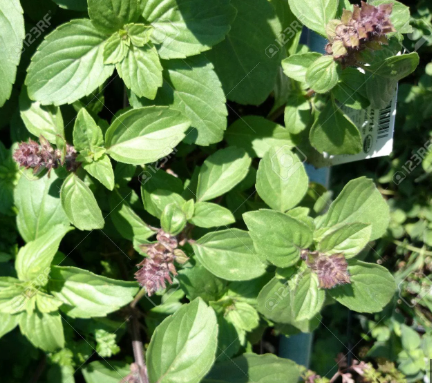
Traditionally, couples may brew a strong tea or chew the fresh leaves to help relax, reduce stress, and increase their romantic connection. Beyond its alleged aphrodisiac effects, African Basil is used to fight infections, relieve headaches, and support general wellness—a testament to the power of locally grown herbs in West African holistic health.
3. Prekese (Aidan Fruit): The Fruity Enhancer
Prekese, or Aidan Fruit, is instantly recognizable in many Nigerian and Ghanaian kitchens for its bold aroma and distinctive shape. Commonly added to soups (like Nigeria’s spicy pepper soup or Ghana’s palm nut soup), Prekese is also acclaimed as a natural libido booster, reportedly used for centuries to address issues like fatigue and sexual performance.
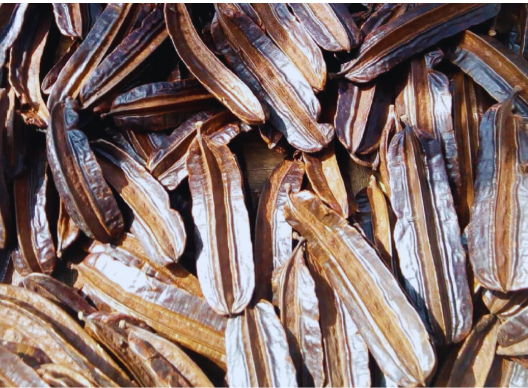
Aidan Fruit’s nutrient content includes antioxidants and essential vitamins that promote circulation and offer anti-inflammatory benefits. It’s frequently simmered into broths, imparting its unique tang and a boost that some allege awakens desire and physical energy. While scientific research is ongoing, users in local markets swear by Prekese’s revitalizing properties.
4. Ginger: The Spicy Stimulator
Ginger is a staple spice in West African households, cropping up in teas, stews, zobo (hibiscus drink), and countless remedies. More than just a kitchen essential, ginger is cherished for its reported ability to invigorate the blood, sharpen the senses, and heighten sexual pleasure. Nutritionists in Nigeria highlight that ginger’s warming effect may increase sensitivity and circulation, supporting its reputation as an intimacy enhancer.
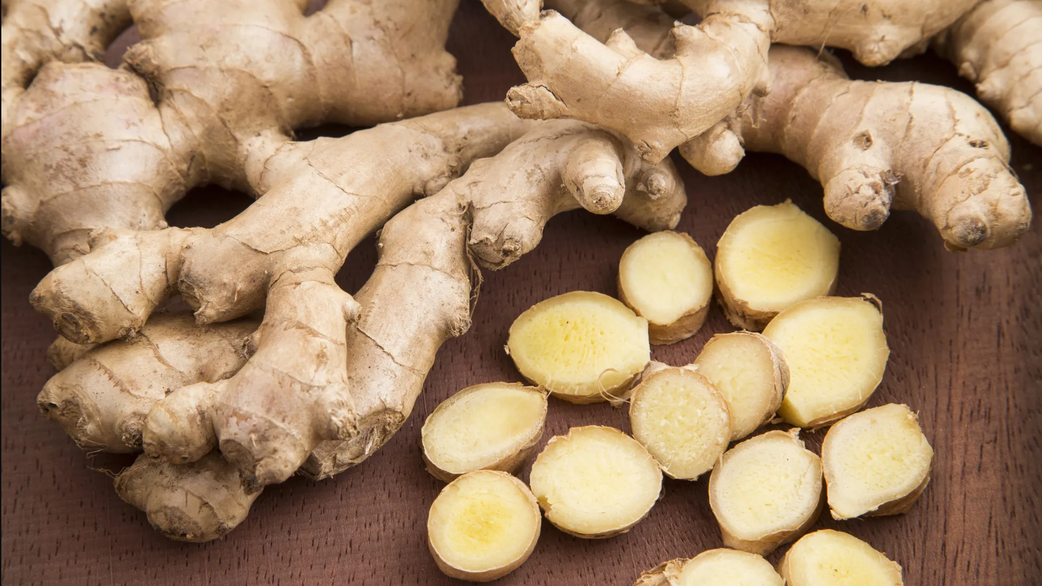
A simple cup of ginger tea before a special moment is a popular ritual for many Nigerian couples. Apart from its purported aphrodisiac properties, ginger is used to treat digestive ailments, reduce inflammation, and boost immunity—reasons it continues to hold a place of pride in African home remedies.
5. Moringa: The Miracle Tree
Revered as the “Miracle Tree” throughout Africa, Moringa is growing in popularity thanks to its dense nutritional profile. In Nigeria, “Zogale” (Moringa leaf salad) features in northern cuisine, while Ghanaians add moringa to everything from soups to smoothies. Packed with iron, amino acids, and B vitamins, moringa helps combat fatigue and is believed—by traditional healers and users alike—to support hormonal balance and boost romantic vitality.
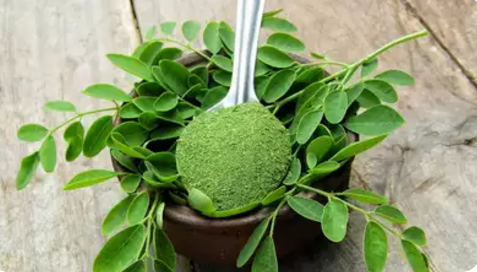
Supporters claim that regular moringa intake promotes sexual health by improving stamina and addressing issues like erectile dysfunction. According to Abdul Musa, a Kano-based herbalist, “Moringa works wonders for men who feel tired all the time.” Medical experts urge moderation, noting that while moringa leaves are nutrient-rich, more research is needed on their effect as aphrodisiacs.
6. Ewe Fufu (Nettle Leaf): Supporting Traditional Healing
Nettle Leaf—called “Ewe Fufu” in Ghana and “Urtica Dioica” by botanists—also has a strong following in West African traditional medicine. In Nigeria, the plant is less widely consumed but is used in some Yoruba and Igbo herbal mixtures to manage low libido and sexual performance issues. Traditional practitioners say nettle may help the body’s hormonal system and provide a natural energy lift.
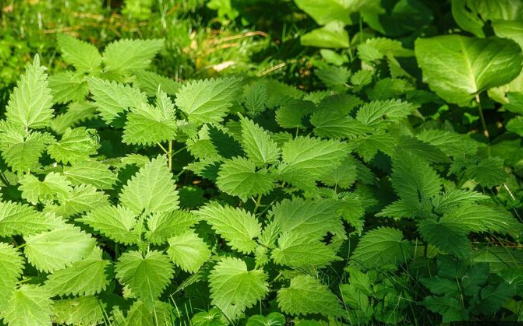
Usually prepared as part of herbal soups or tinctures, nettle leaf is believed to gradually build sexual endurance and general health. “We boil it with onions and pepper, and it gives energy,” said Mrs. Chika Eze, a herbal vendor in Enugu. Western medical research into nettle’s aphrodisiac effects is still inconclusive; health authorities advise people to consult professionals before relying solely on herbal remedies.
7. Ginseng: An Imported Boost
Ginseng, particularly the Korean variety, has found its way onto shelves in Lagos, Accra, and beyond—despite not being indigenous to Africa. Many West Africans turn to ginseng’s teas and supplements for its supposed ability to lift mood, increase stamina, and support testosterone levels. According to global studies, Korean red ginseng has been linked to improved sexual function in men, though results in African populations are less documented.
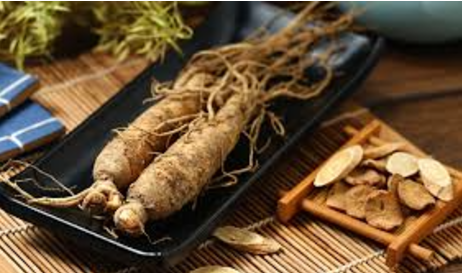
Consumed as a tea, powder, or capsule, ginseng is said to support circulation and nervous system health, with many users in Nigeria reporting increased energy and confidence. Health experts, including Dr. Biodun Olayemi of Lagos University Teaching Hospital, warn that overuse could cause side effects and encourage moderation, especially when combining with other herbal products.
West Africa’s embrace of natural aphrodisiacs is about more than romance. These foods and herbs are central to cultural identity, traditional healing, and holistic well-being. While their aphrodisiac claims are based mostly on generations of local knowledge—rather than laboratory evidence—millions in Nigeria, Ghana, and across the continent continue to trust in nature’s power. As with all health decisions, it’s important to combine tradition with science, seeking professional guidance when needed and recognizing the enduring wisdom found in the region’s bounty.
How do you incorporate these traditional aphrodisiacs or wellness practices into your lifestyle—or do you have a favorite that didn’t make the list? What role do local foods play in your approach to health and relationships? Share your experiences in the comments, or let us know your thoughts and tips on natural wellness!

